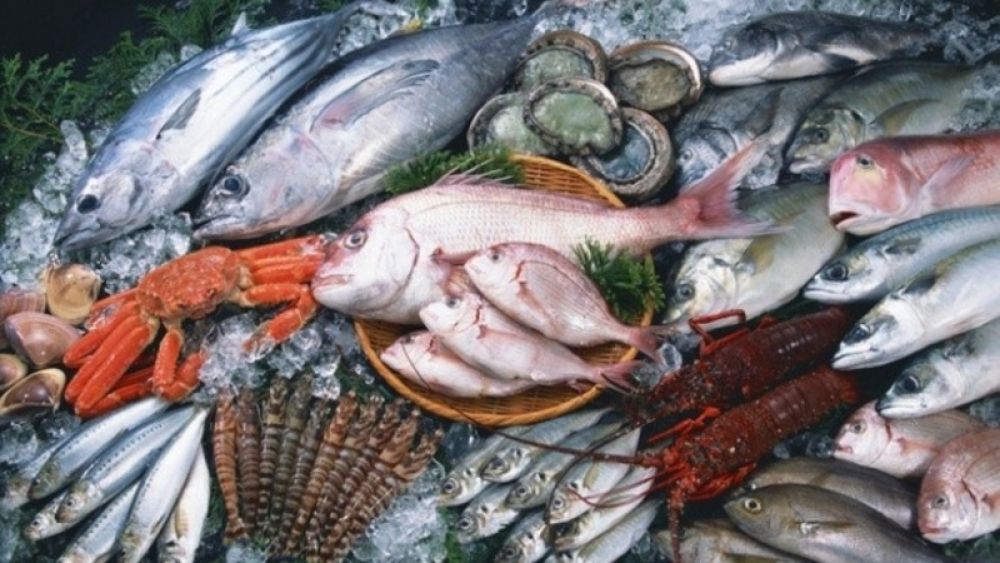

Tucked away in the nation of Kyrgyzstan, the city of Balykchy serves as a gateway to the stunning Issyk-Kul Lake, the second-largest alpine lake in the world. While primarily known for its proximity to natural wonders, Balykchy is also home to an intriguing relic from its industrial past: the Balykchy Fish Factory. Once an instrumental facility in the Soviet-era fishing industry, the fish factory is a piece of the historical fabric of the region.
The Balykchy Fish Factory was established during the Soviet period when Kyrgyzstan was part of the USSR. The facility was designed to be a pillar of the local economy, leveraging the rich aquatic life of Issyk-Kul Lake. It provided employment for many residents and contributed to the Soviet Union's fish processing industry. After the collapse of the Soviet Union, many state-run enterprises in Kyrgyz qstan faced decline, and the fish factory was no exception. As economic priorities shifted, the Balykchy Fish Factory diminished in importance and eventually ceased operations.
Tourism in Balykchy initially focused on the natural beauty of Issyk-Kul Lake and the surrounding Tian Shan Mountains. Holiday-makers from across the Soviet Union would travel to the region to enjoy its beaches, pristine water, and therapeutic resorts. However, following the dissolution of the Soviet Union, and as Kyrgyzstan established itself as an independent country, its tourism industry experienced a period of re-evaluation and growth.
In recent years, interest has grown in the country’s Soviet heritage, with tourists seeking to explore the remnants of this time, including factories, monuments, and other architectural legacies. The Balykchy Fish Factory has emerged as a point of curiosity for those interested in industrial tourism and Soviet history. Visitors come to photograph the abandoned factory, contemplate the once-thriving industry, and learn more about the socio-economic history of Kyrgyzstan.
Eco-Tourism is becoming increasingly popular in Kyrgyzstan. The country's unspoiled landscapes and commitment to conservation are drawing visitors interested in sustainable travel experiences. Community-based tourism initiatives are flourishing, providing travelers with authentic cultural exchanges and supporting local economies.
Another emerging trend is adventure tourism. With the rugged terrain of the Tian Shan Mountains, Kyrgyzstan is becoming a hotspot for trekking, mountaineering, and water sports. The proximity of Balykchy to such activities makes it a strategic stopover location for adventure-seekers.
Moreover, there is a rising trend in cultural heritage tourism. Kyrgyzstan's rich history, from the Silk Road to the Soviet era, presents a tapestry of cultural attractions. The Balykchy Fish Factory contributes to this narrative by offering a glimpse into the Soviet industrial past.
In conclusion, the Balykchy Fish Factory stands as a testament to the shifts in Kyrgyzstan’s economic and societal landscapes. Its transformation from a functional manufacturing hub to a site of historic interest reflects broader changes in the country's economy and the evolving interests of visitors to this Central Asian nation.